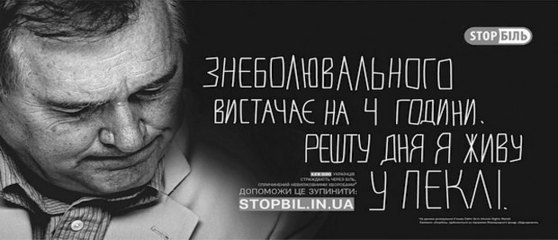Earlier this month, Trump declared his plans to ramp up law enforcement to combat fatal opioid overdoses. Less than a week later, there were violent protests in Charlottesville, VA that left a woman dead and several people seriously injured. Today, one question lingers: where were the police? Instead of the tanks, rubber bullets, tear gas and other forms of “crowd control” deployed during the conspicuously nonviolent Ferguson protests, there were police standing by as white supremacists and neo-Nazis marched the streets chanting “blood and soil” and violently attacking counter protestors in their midst.
This piece was originally published by the Drug Policy Alliance. The original may be viewed here.
Despite these tragic happenings, there were no calls for increased law enforcement at these protests, nor was there championing of police “roughing them up a little.” Instead, Trump ultimately opted to place blame on the people who showed up to demonstrate their belief that America should not be the home to hateful, white supremacist ideology and its various manifestations. His decision made it very clear that his racist rhetoric is more than just talk—it reflects the principles that inform his agenda. Against the backdrop of violence in Charlottesville and his silence on the lack of an adequate response by law enforcement, the Trump administration’s calls for more policing in response to the opioid crisis is emblematic of the racist double standard underlying the strategies used to perpetuate the war on drugs.
Historically, the institution of policing in this country has continuously operated as a tool for the enforcement of racist policies. From the actions of plantation overseers and slave patrols during slavery to the enforcement of the “black codes” that played an integral role in the creation of the prison industrial complex that plagues our society to this day, law enforcement has consistently been synonymous with the control of black people. The use of law enforcement to ensure the efficacy of racist policies was a necessity during the Jim Crow era and segregation, and even more so after segregation was ruled unconstitutional. Many states and local governments refused to cooperate with the highest court in the land, and the police were present to make sure Jim Crow laws and traditions were followed, protecting racism and bigotry instead of the lives of black Americans. Now, in the wake of the “new Jim Crow” that is the drug war, law enforcement has functioned as an instrument of reinforcement for the overarching structural racism on which the drug war was founded.
For those of us who have witnessed the devastation that enforcement of the drug war has inflicted on communities of color, the Trump administration’s call for greater “enforcement” is clearly a dog whistle for the arrest, incarceration, and criminalization of black and brown people. The Trump administration has used the opioid crisis to justify his racist attacks on Mexican immigrants and to roll back the criminal justice reforms of the Obama era. Trump has very explicitly placed the blame for the opioid crisis on the “thugs,” gangs and cartels rather than the conditions created by the failed war on drugs. For black and brown people, who have been criminalized and demonized by this type of “tough on crime” messaging for many decades, these words signal a future tainted with more state sanctioned violence at the hands of an increased police presence in the name of “law and order.”
While Trump’s rhetoric is deplorable and his policies are proven ineffective, costly and racist, none of this is new. Trump did not invent the racism that grounds the institution of policing just as he did not invent the racist war on drugs. Like the presidents before him, rather than investing desperately needed resources into increased access to naloxone and comprehensive drug treatment, Trump intends to invest $15.6 billion in law enforcement and interdiction. Despite bi-partisan calls for criminal justice and police reform, and a “gentler” drug war, the Trump administration is clearly committed to maintaining the status quo: the surveillance, harassment, arrest, incarceration, and criminalization of communities of color by the police in the name of the drug war. Instead of saving lives, Trump is committed to destroying the lives of black and brown people, and increased law enforcement appears to be the next weapon in his arsenal.
*Morgan Humphrey is a policy coordinator for the Drug Policy Alliance, based in California.


